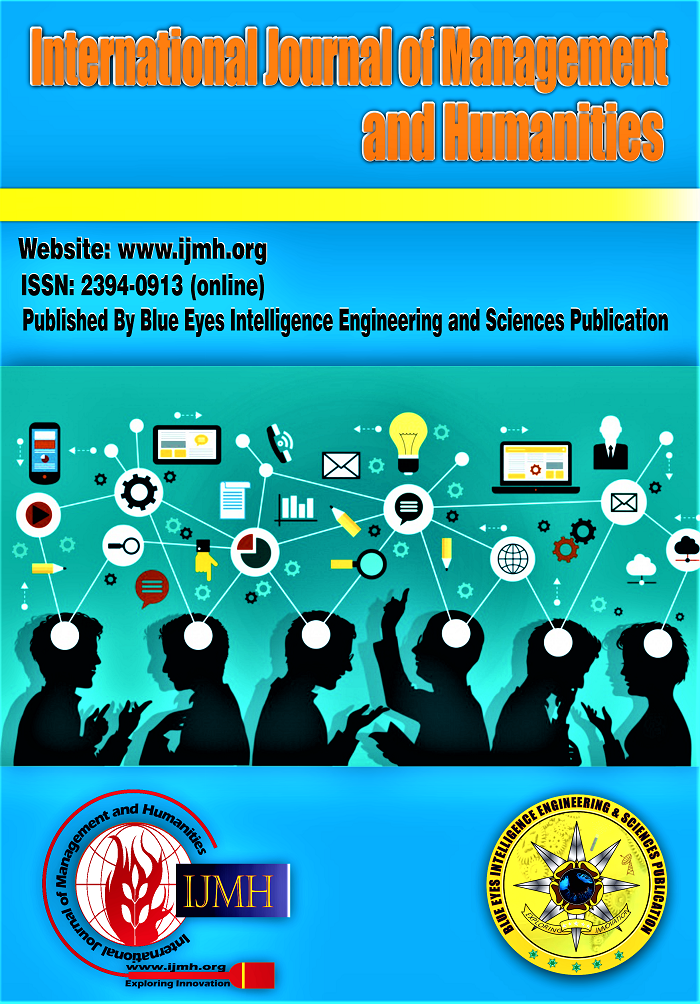Opportunities and Challenges for Information Technology and Business Educators in Implementing Generative Artificial Intelligence in Instruction
Main Article Content
Abstract
Generative artificial intelligence (AI) has the potential to revolutionize teaching and learning in the field of IT and business education. This research aims to explore the opportunities and challenges faced by IT and business educators in the utilization of generative AI in teaching and provide insights for educators seeking to harness the power of these tools while mitigating potential risks. The opportunities for IT and business educators in utilizing generative AI include enhanced learning experiences, automation of administrative tasks, exposure to real-world applications, and adaptability and personalization. Generative Artificial Intelligence allows educators to create interactive and personalized learning content, streamline administrative tasks, prepare students for AI-driven careers, and cater to individual learning needs. However, there are several challenges that educators need to navigate to effectively utilize generative AI. Ethical considerations, including data privacy, bias, and the impact of AI-driven decision-making, must be addressed to ensure ethical use of AI technology. Information technology and business educators must also develop the necessary skills and knowledge in AI to integrate it into the curriculum effectively. This requires staying current with advancements in the field. Additionally, the utilization of generative AI may require significant investments in infrastructure, software, and training. Adequate resources must be allocated to support educators in implementing and utilizing generative AI effectively. Lastly, educators must find a balance between AI-assisted teaching and maintaining a meaningful teacher-student relationship. By understanding and addressing these opportunities and challenges, information technology and business educators can harness the potential of generative AI to enhance teaching and learning experiences, prepare students for the AI-driven workforce, and create personalized and engaging educational content. The result of the study serves as basis by the faculty and administrators in strengthening the implementation of generative artificial intelligence in teaching.
Downloads
Article Details
Section
How to Cite
References
Ruiz-Rojas, L. I., Acosta-Vargas, P., De-Moreta-Llovet, J., & González, M. (2023). Empowering Education with Generative Artificial Intelligence Tools: Approach with an Instructional Design Matrix. In L. I. Ruiz-Rojas, P. Acosta-Vargas, J. De-Moreta-Llovet, & M. González, Sustainability (Vol. 15, Issue 15, p. 11524). Multidisciplinary Digital Publishing Institute. https://doi.org/10.3390/su151511524
Ruediger, D., Blankstein, M., & Love, S. (2024). Generative AI and Postsecondary Instructional Practices: Findings from a National Survey of Instructors. https://doi.org/10.18665/sr.320892
Zastudil, C., Rogalska, M., Kapp, C., Vaughn, J., & MacNeil, S. (2023). Generative AI in Computing Education: Perspectives of Students and Instructors. In C. Zastudil, M. Rogalska, C. Kapp, J. Vaughn, & S. MacNeil, 2021 IEEE Frontiers in Education Conference (FIE). https://doi.org/10.1109/fie58773.2023.10343467
Łodzikowski, K., Foltz, P. W., & Behrens, J. T. (2024). Generative AI and Its Educational Implications. In K. Łodzikowski, P. W. Foltz, & J. T. Behrens, arXiv (Cornell University). Cornell University. https://doi.org/10.48550/arxiv.2401.08659
Mello, R. F., Freitas, E., Pereira, F. D., Cabral, L., Tedesco, P., & Ramalho, G. (2023). Education in the age of Generative AI: Context and Recent Developments. In R. F. Mello, E. Freitas, F. D. Pereira, L. Cabral, P. Tedesco, & G. Ramalho, arXiv (Cornell University). Cornell University. https://doi.org/10.48550/arxiv.2309.12332
Al-Mahdawi, E. (2022). An Overview on Internationalisation within the United Kingdom Higher Education. In International Journal of Management and Humanities (Vol. 8, Issue 6, pp. 7–11). https://doi.org/10.35940/ijmh.f1423.018622
Dr. Chitra S. (2024). Evaluating the Role of STEM Education in Empowering Secondary School Students. In International Journal of Emerging Science and Engineering (Vol. 12, Issue 8, pp. 7–12). https://doi.org/10.35940/ijese.i2581.12080724
Anudevi, V. Sailaja, S. Binapani, Employing Women Technical Assistants for Enahncing the Empowerment of Women in Scoiety. (2019). In International Journal of Innovative Technology and Exploring Engineering (Vol. 9, Issue 2S4, pp. 320–324). https://doi.org/10.35940/ijitee.b1152.1292s419
Alfatih, A., Sartika, D. D., & ENH, D. H. (2019). Empowerment Program Implementation on Small and Medium Businesses Positively Influenced the Performance of the Businesses: (Study towards Small and Medium Businesses Empowered by the Cooperative and Small and Medium Office of Ogan Ilir Regency, Indonesia). In International Journal of Engineering and Advanced Technology (Vol. 8, Issue 5c, pp. 289–305). https://doi.org/10.35940/ijeat.e1042.0585c19





